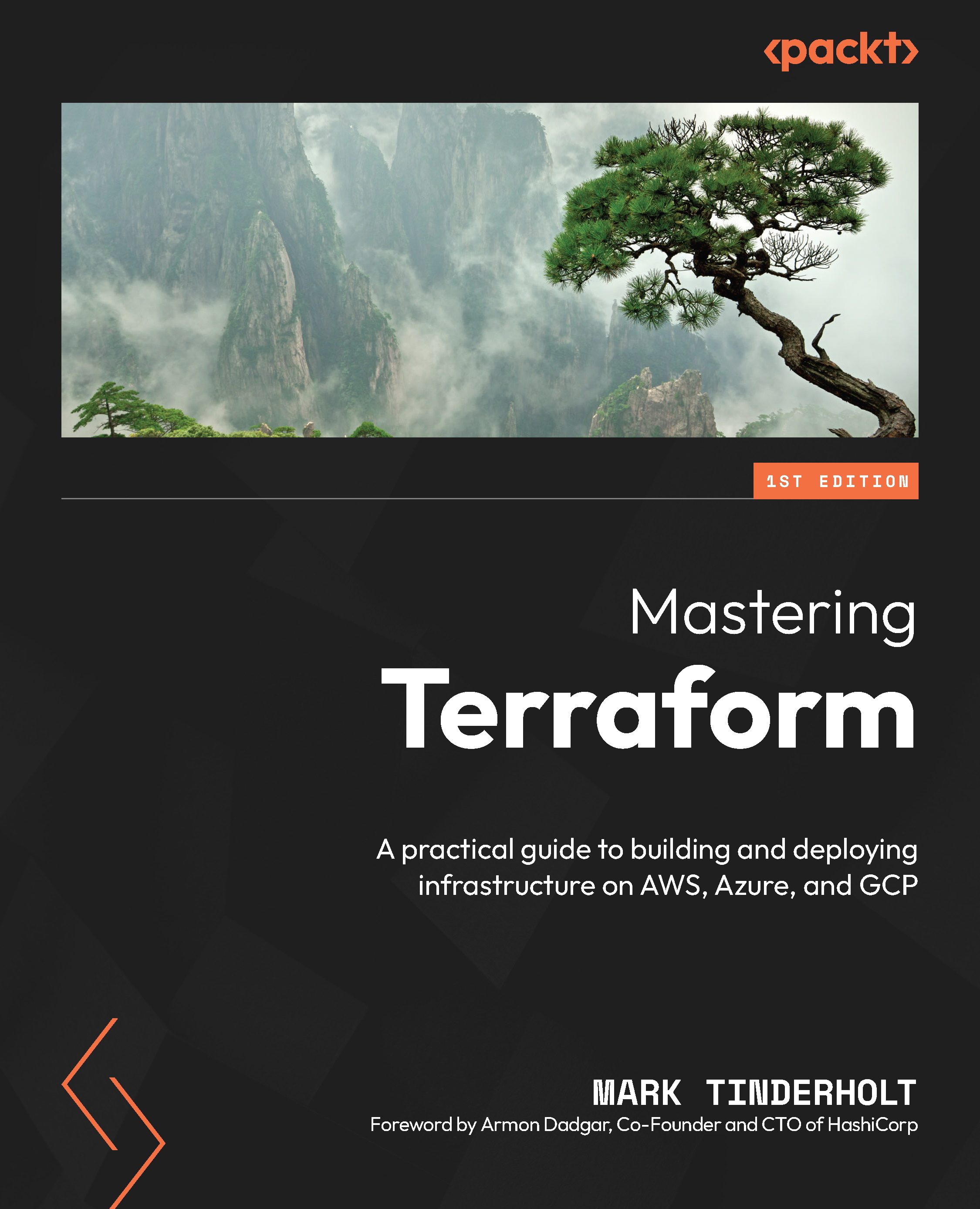Working with container registries
A container registry is just a server-side application that acts as central storage and allows you to distribute container images to the host machines that need to run them. This approach is advantageous when leveraging a CI/CD pipeline where you need a central location to pull down your container images.
They often provide versioning, labeling, and sharing mechanisms that let you keep track of different versions of your container images, maintain stable releases, and share images with others—either within your organization or publicly.
Just as with git, anybody can set up a container registry on their own, but several managed services provide best-in-class service offerings on each of the respective clouds. There is also a cloud-agnostic and community-oriented solution: Docker Hub. Docker Hub is the default registry where Docker looks for images, and you can use it for both images you want to share publicly or keep private for internal...































































